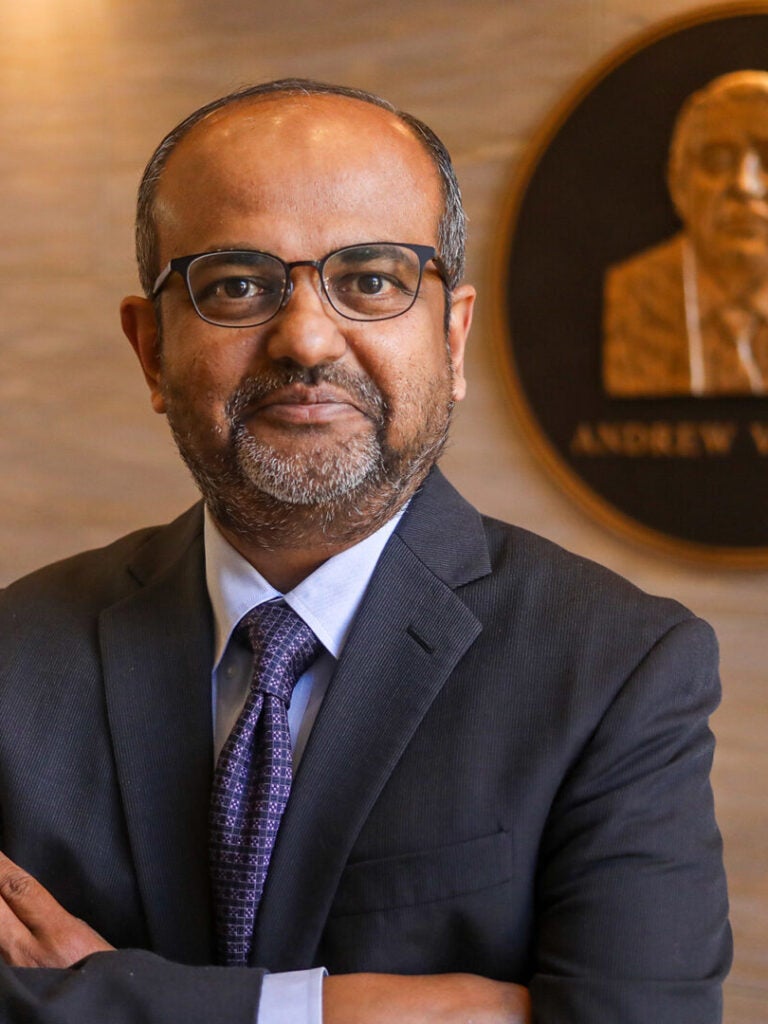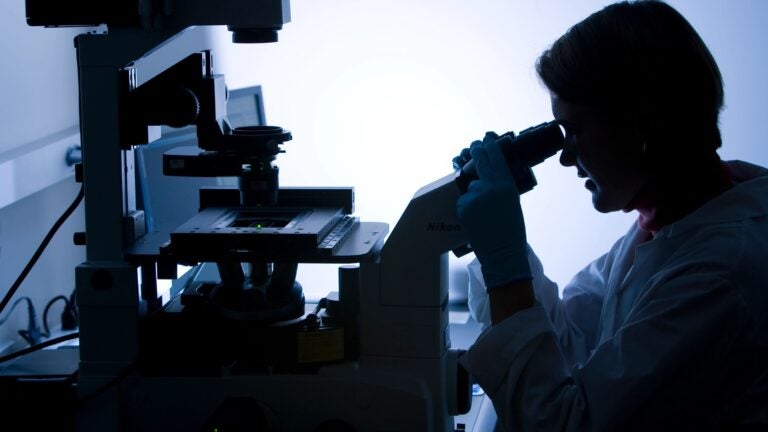Faculty Research
With more than $1 billion in annual research expenditures, USC has an exceptional faculty engaged and committed to moving our world forward with advances in medicine, science and understanding. Building the foundation of knowledge that improves our lives and heals the world is a fundamental goal of the university.
Faculty Research News
A genetically engineered herpes simplex virus, when combined with immunotherapy, reduces or eliminates tumors in one-third of clinical trial patients.
In a USC study, 30 days of app-guided meditation were linked to improvements in how quickly and accurately participants directed their focus.
USC Viterbi’s Information Sciences Institute is explopring how large language models like ChatGPT understand — and sometimes violate — legal frameworks.
The Chung Lab at USC Viterbi has engineered a therapeutically enhanced, naturally derived particle for powerful gene therapies.
Faculty Highlights

A Conversation with the Director of the USC School of Advanced Computing
Gaurav Sukhatme — a professor of computer science and electrical and computer engineering, and executive vice dean of the USC Viterbi School of Engineering — was appointed as the inaugural director of the USC School of Advanced Computing. He sat down with USC’s Caitlin Dawson for a conversation about the new school, its mission, the future — and his first day at USC.
You have a long and storied history at USC, commencing as a doctoral student in computer science almost 30 years ago. How did it begin? Can you tell us about your first day at USC?
Well, it was not a terribly auspicious beginning! The airline lost my bags, and I realized that I had not planned very well since orientation had finished by the time I arrived.
To further compound matters, when I tried to sign up for classes, I was told that I had to first take an oral exam administered one-on-one by Professor Seymour Ginsburg, a famously tough professor, in his office. Luckily, my bags arrived intact, and I passed the exam, and things started to look up after that. Fast forward 30-odd years, and here we are.
What a difference 30 years makes! Could you ever have imagined that you would be sitting in the director’s chair one day?
Not at all. I just wanted to learn as much as I could about robotics and artificial intelligence. The computer science department at USC was then, and remains today, a wonderful place to do that!
Beyond your personal connection, could you explain what makes computer science at USC so special?
Computer science at USC is special, indeed. One aspect is its formidable legacy. Collectively, computer science faculty at USC are world-leading experts across many aspects of the core discipline. Then, there is the interdisciplinarity, which is in our DNA at USC. Many of our faculty members are cross-appointed in other departments and schools, reflecting their trans-disciplinary contributions.
Research and Innovation at USC
From the latest breakthroughs in science and technology, profound insights in the humanities and more, our faculty is at the forefront of innovation. Learn more about the research happening across campus.





